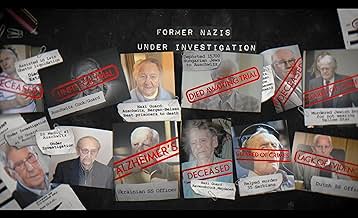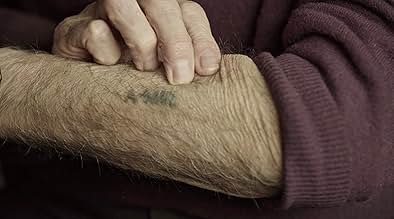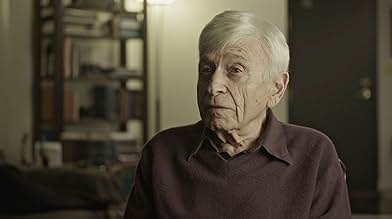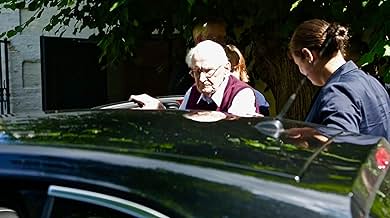Añade un argumento en tu idiomaSeventy years after WWII, Oskar Gröning, one of the last surviving members of the SS, goes on trial as an accessory to the murder of 300,000 people at the Auschwitz concentration camp.Seventy years after WWII, Oskar Gröning, one of the last surviving members of the SS, goes on trial as an accessory to the murder of 300,000 people at the Auschwitz concentration camp.Seventy years after WWII, Oskar Gröning, one of the last surviving members of the SS, goes on trial as an accessory to the murder of 300,000 people at the Auschwitz concentration camp.






































